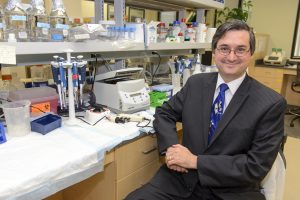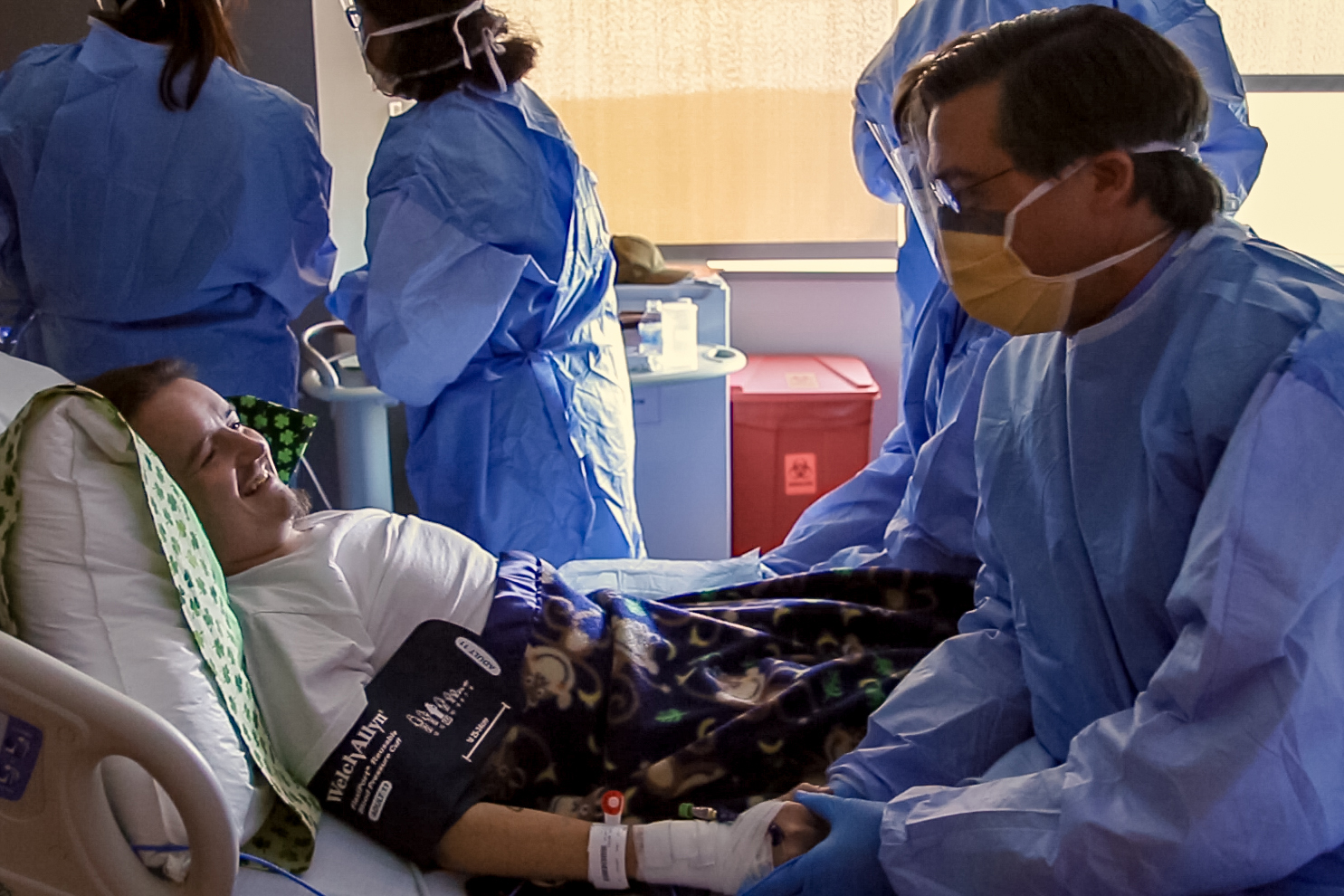Positive results were recently announced from an ongoing study of adeno-associated virus based gene therapy as treatment for glycogen storage disease type Ia (GSDIa).
Ultragenyx Pharmaceutical, a biopharmaceutical company that focuses on the development of innovative products for serious rare and ultra-rare genetic diseases, reported the findings. The three patients in the study exhibited improved glucose control and increased time to hypoglycemia during fasting, and they were able to decrease their daily cornstarch intake by almost half. Two of the patients showed meaningful improvement.

Dr. David Weinstein, professor and director of the Glycogen Storage Disease Program at Connecticut Children’s Medical Center and UConn Health added, “After 20 years of research in preparation for this study, it is extremely rewarding to see such positive results on the low dose. We are excited about the potential as the dose is increased.”
“We are extremely encouraged by these results and look forward to beginning enrollment in the second cohort this month, with results expected in mid-2019,” said Dr. Eric Crombez, chief medical officer of the Ultragenyx Gene Therapy development unit.
GSD is a rare childhood genetic disorder that impacts the liver’s storage and release of sugar. Last summer, Weinstein and his team at UConn Health administered the world’s first investigational gene therapy for GSD to a patient.



